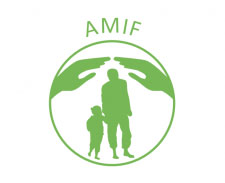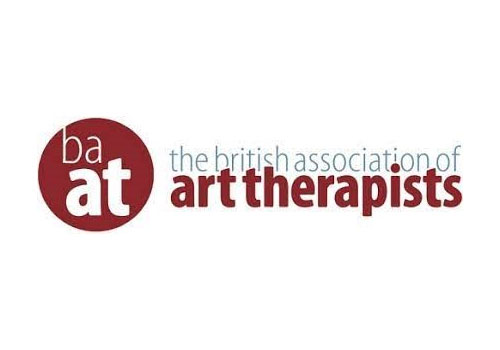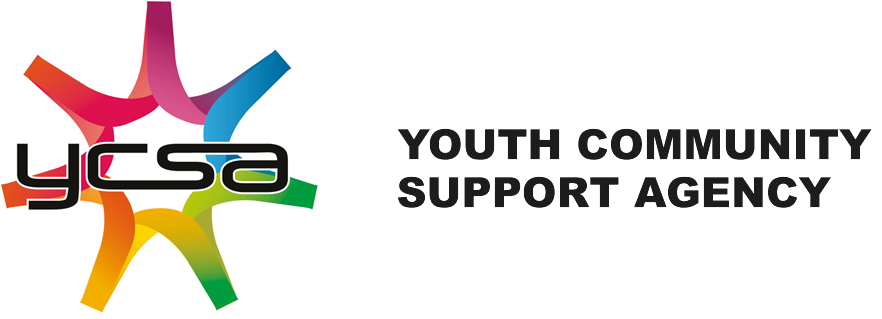New Scots – Addressing Mental Health (AMH) is a pilot project organised by YCSA and part-funded through the European Union Asylum Migration Integration Fund. This programme is to provide trauma-informed art psychotherapy and mental health support addressing the mental health and well-being needs of 30 refugees and asylum seekers aged 10 – 25, which impact their daily lives acting as a barrier to their being fully able to take up opportunities and integrating into wider society.
This programme offers 1:1 and group art psychotherapy and psychoeducation on the impacts of trauma. In addition, young people will be able to link to the mindfulness and relaxation sessions to help them deal with anger, grief, stress, sleeping difficulties or anxiety that may come with fleeing from their home countries and settling into a new country run by the AMH’s volunteer coordinator.
Art psychotherapy sessions aim to help young refugees and asylum-seekers express and process their emotions or unspeakable fear and trauma through the process of art-making.
Trauma is stored in brain and body. This body-focused and trauma-informed art psychotherapy will support young refugees who have experienced complex traumatic incidents to process and repair their unspeakable memories in a non-verbal way.
AMH will provide mental health and well-being supports, primarily through the provision of art psychotherapy, with an alternative option of counselling for those who would prefer talking therapy.
Eligibility requirements
- Young refugees and asylum seekers aged 10-25.
What is available?
- Face-to-face, online individual and group art psychotherapy.
- A weekly 50 minutes’ appointment for up to 8 sessions.
- We will then review and determine if further sessions might be required.
- Sessions will take place in a safe and private room at YCSA in Pollokshields.
- We will usually meet on the same day and at the same time every week.
- The sessions will be offered primarily in English but if you need an interpreter, we can provide the service too.
- For school-aged young people, therapy could be arranged to be held within the school depending on the location.
- Interpreting and travel expenses will be covered by the project where needed.
- All the art materials will be provided by the art psychotherapist.
- Weekly mindfulness and relaxation sessions are run by the volunteer coordinator before or after art therapy.
What is art psychotherapy?
Art therapy is a form of psychotherapy, which uses art making as a way to express and communicates feelings that may be complex and distressing. It offers a safe and non-judgemental space for young people to express what they are experiencing and what are affecting their lives, using both words and art materials. Young people do not need to be “good” at art, rather, art psychotherapy is about expressing through the process of art making and the objects they made about what might be sometimes difficult to put their distress into words. Art psychotherapy does not seek a diagnosis based on the art. Instead art is used as a medium to work with issues that are troubling young people.
Misa Watson is a HCPC (Health and Care Professions Council) registered art psychotherapist and a full member of the British Association of Art Therapist (BAAT).



